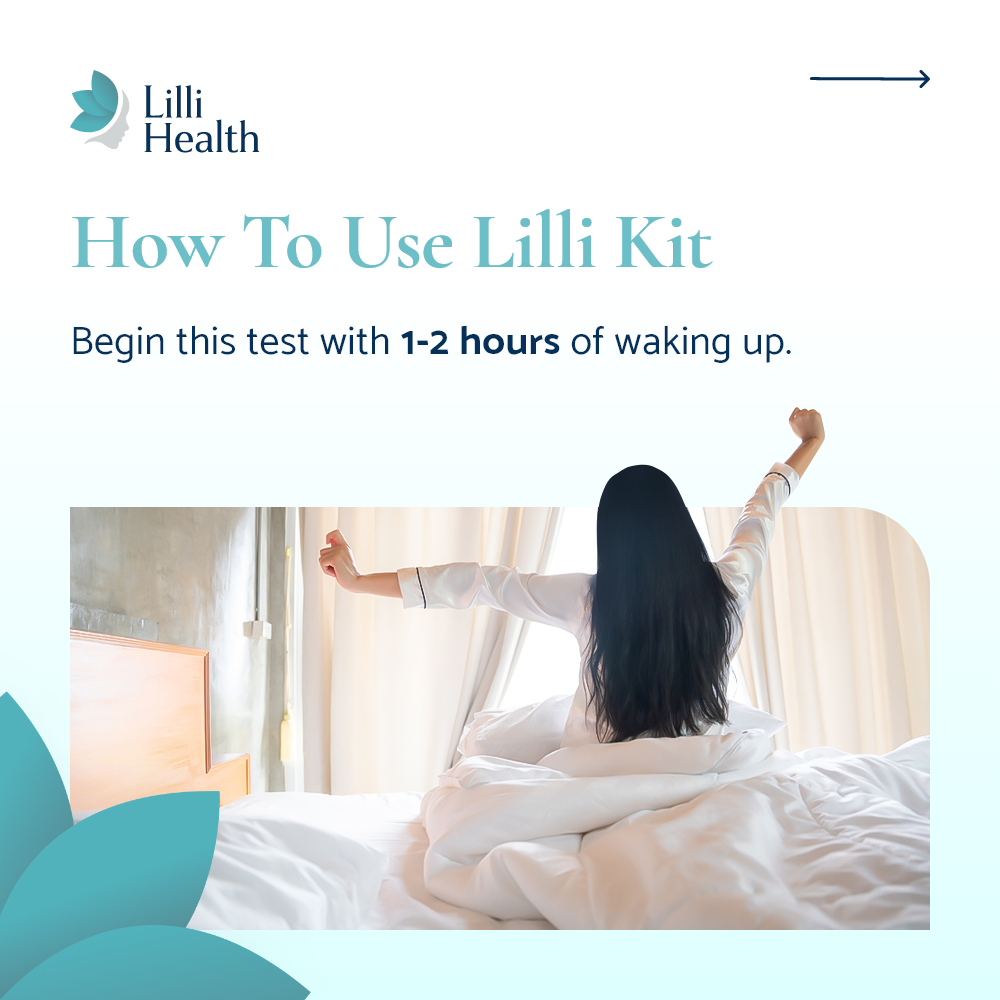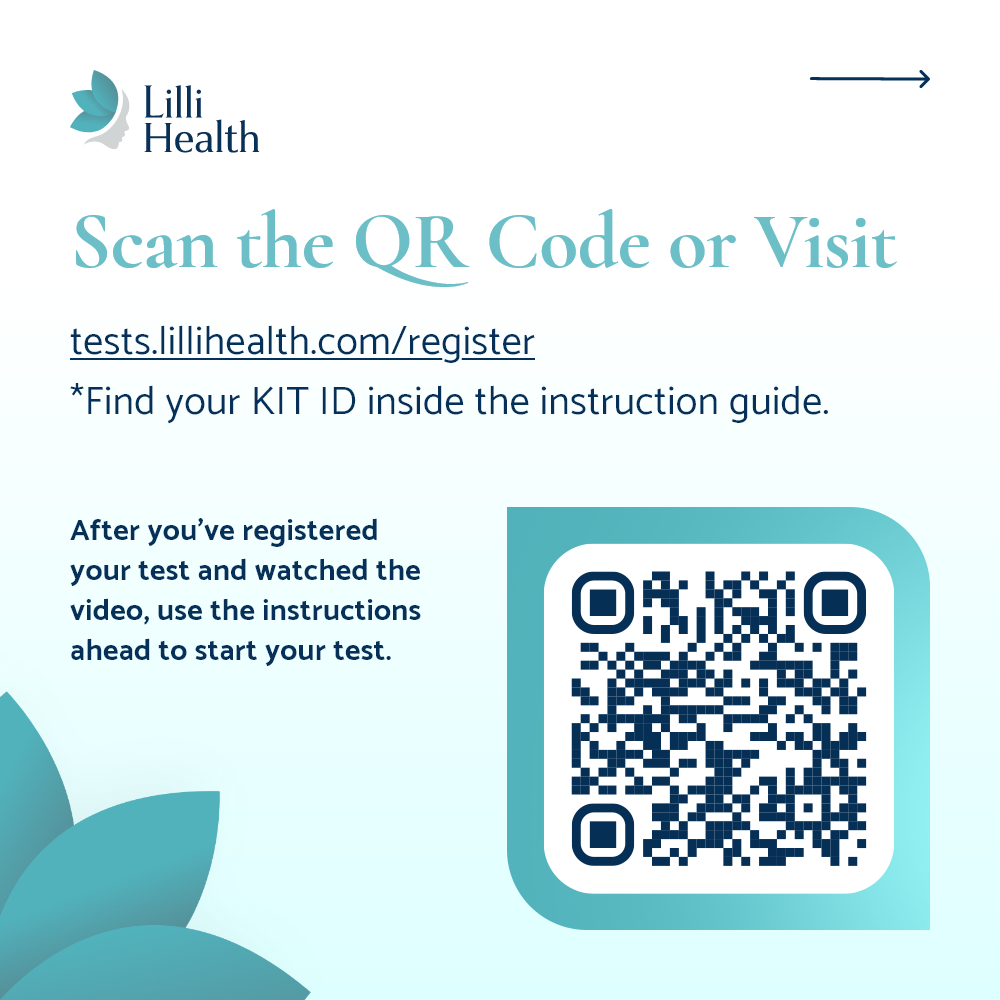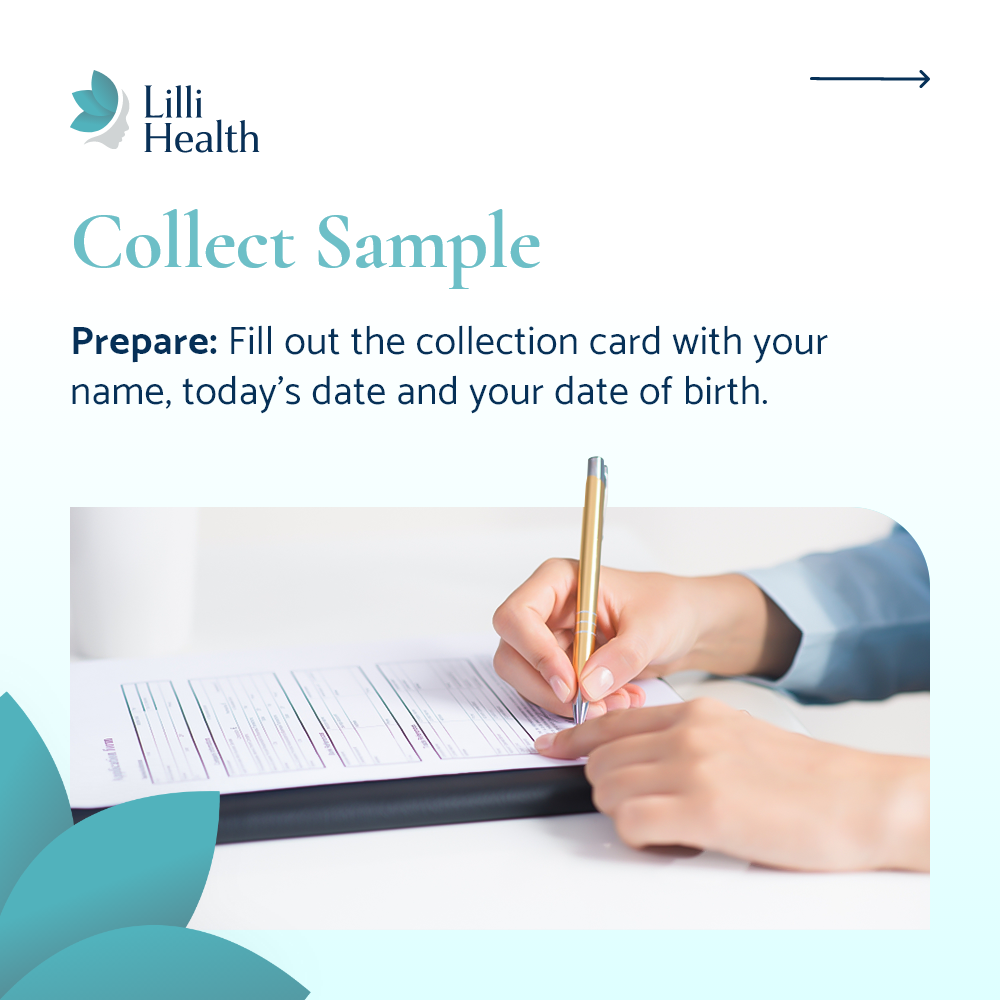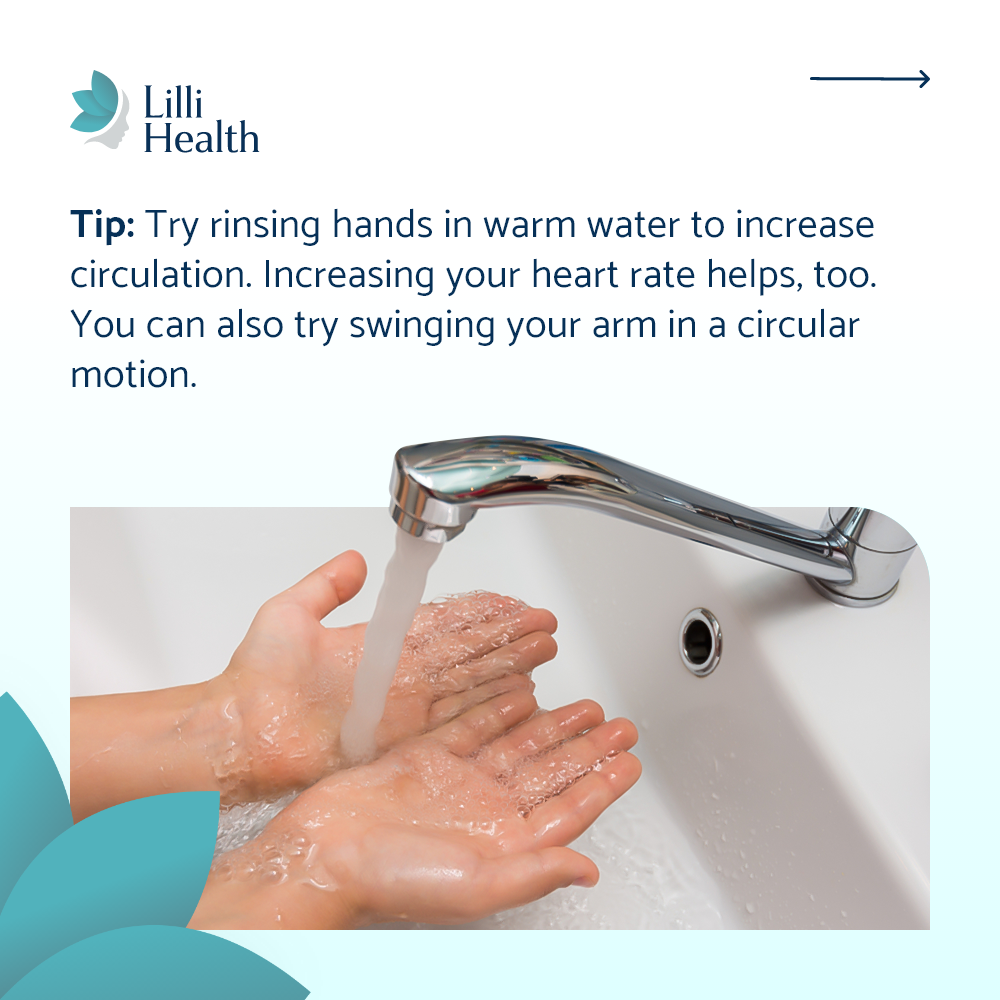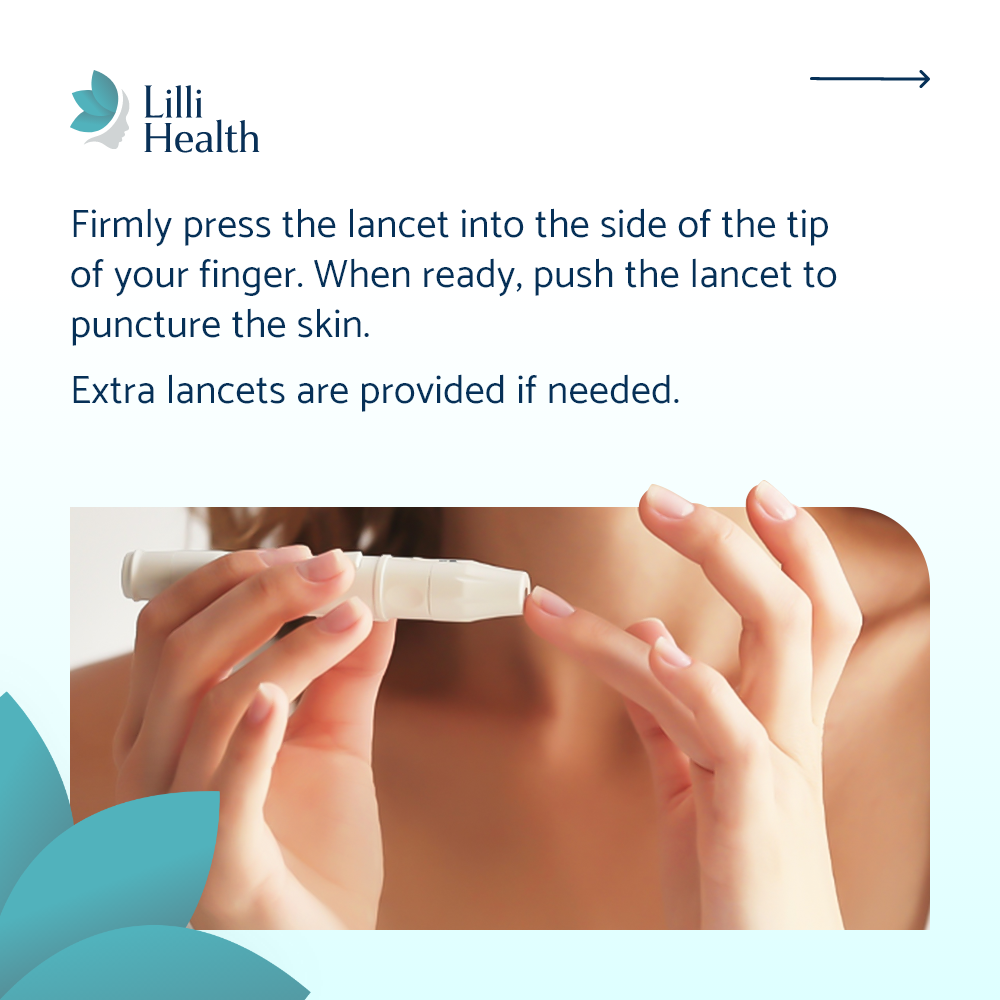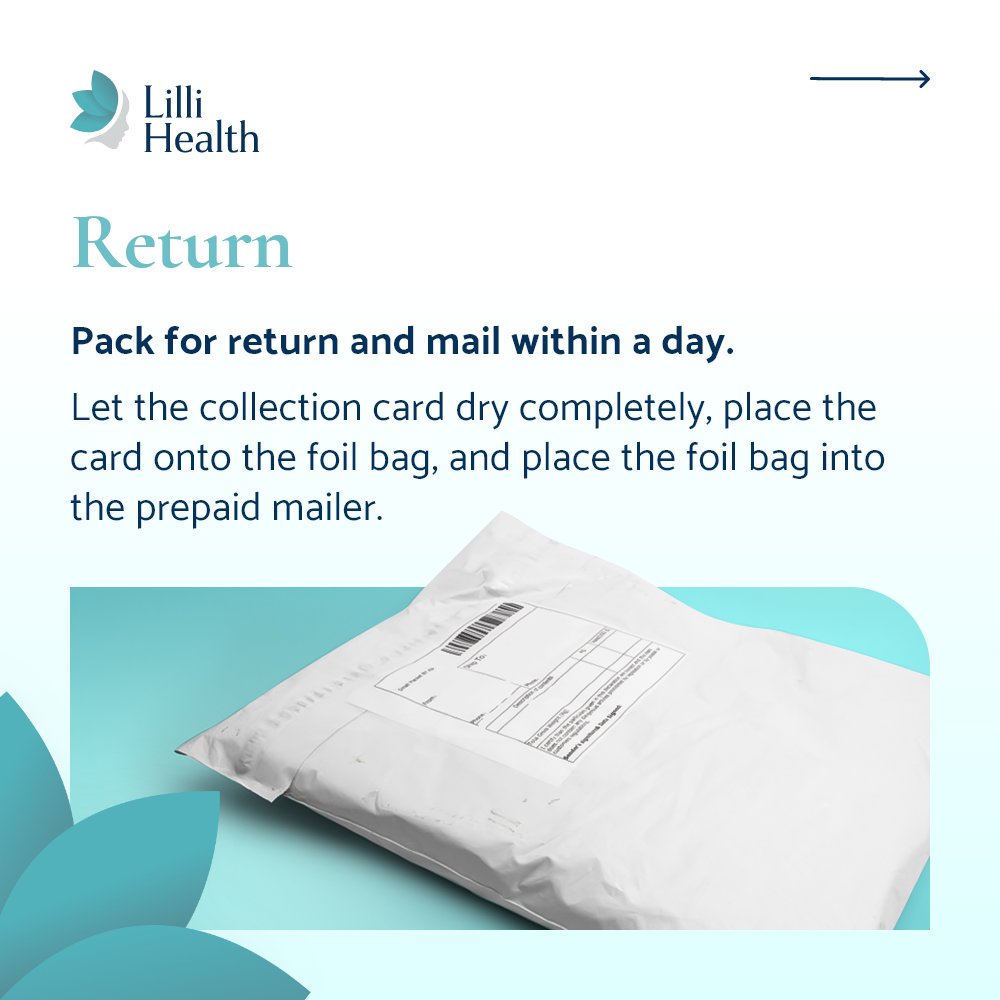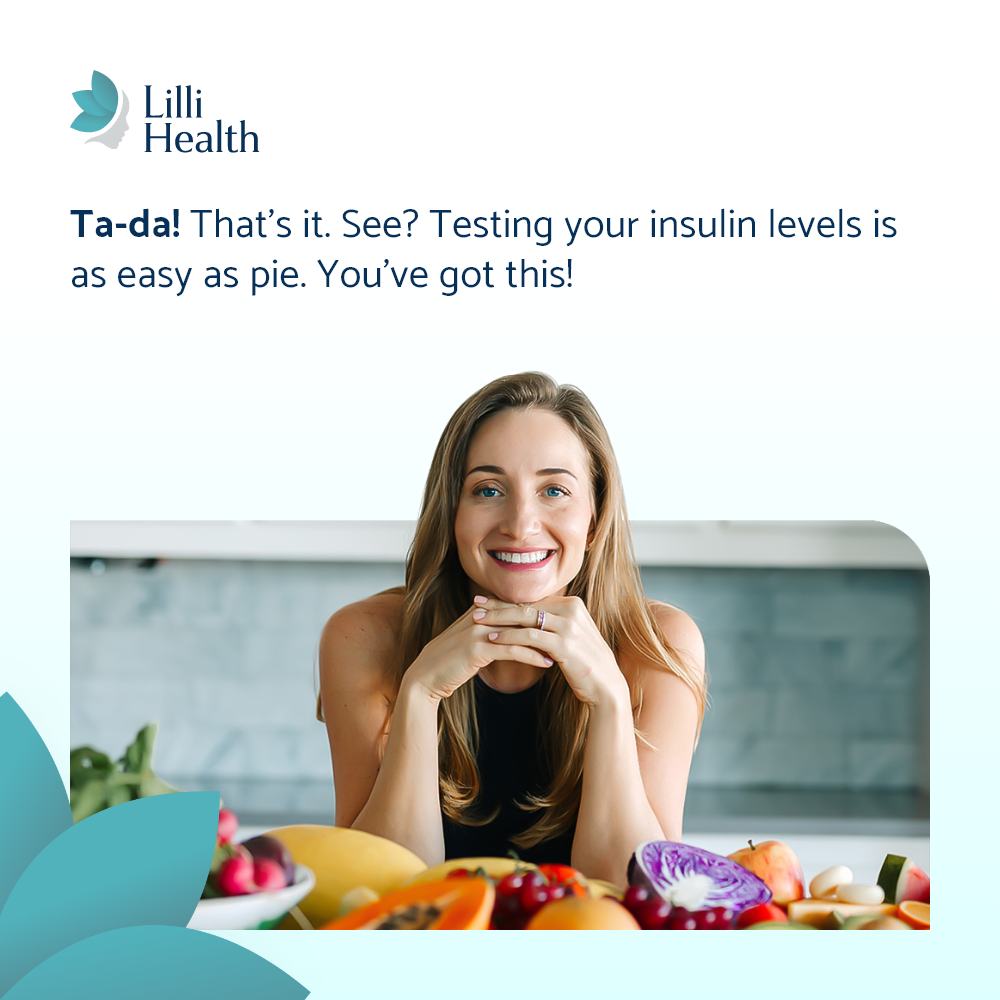
For many women, the journey to parenthood can be a thrilling yet challenging experience, especially when conditions like PCOS or insulin resistance come into play. At Lilli Health, we understand the complexities of fertility and how important it is to have the right support and strategies in place. One key factor that often gets overlooked in the conversation about fertility is insulin. Understanding the role of insulin in reproductive health can be a game-changer in your journey to parenthood.
The Hidden Link Between Insulin and Fertility
Insulin is a hormone that plays a critical role in regulating blood sugar levels, but its impact goes far beyond metabolism. In women with PCOS or insulin resistance, elevated insulin levels can disrupt hormonal balance, leading to irregular menstrual cycles and difficulties with ovulation—two key factors in conception.
High insulin levels cause the ovaries to produce more androgens (male hormones), which can interfere with the normal development and release of eggs. This disruption not only makes ovulation less predictable but can also affect the quality of the eggs, making it harder to conceive.
Beyond Ovulation: Insulin’s Impact on Implantation and Pregnancy
The effects of insulin on fertility don’t stop at ovulation. Elevated insulin levels can also impair the implantation of a fertilized egg and hinder proper placental development. This means that even if conception occurs, the chances of a successful pregnancy may be reduced. High insulin levels can lead to complications such as gestational diabetes, preeclampsia, and other pregnancy-related issues, further complicating the journey to parenthood.
The Power of the Low Insulin Lifestyle
So, how can you take control of your insulin levels and improve your chances of a healthy pregnancy? The answer lies in adopting a Low Insulin Lifestyle. This approach focuses on choosing foods that stabilize insulin levels and avoiding those that cause spikes. By prioritizing a diet rich in whole, minimally processed foods and reducing your intake of starches, non-fermented dairy, and sugars, you can help balance your hormones and create a more favorable environment for conception and pregnancy.
Enhancing IVF Success with Insulin Management
For some women, IVF is a necessary part of the journey to parenthood. While IVF can be incredibly effective, its success can be influenced by insulin levels. High insulin can negatively impact egg quality and the uterine environment, reducing the chances of a successful implantation and pregnancy. By following a Low Insulin Lifestyle, you can enhance the effectiveness of IVF treatments, improving your chances of a successful outcome.
But the benefits of managing insulin aren’t limited to those undergoing IVF. By lowering insulin levels, many women find that their fertility improves naturally, sometimes eliminating the need for IVF altogether. Whether you’re pursuing natural conception or assisted reproductive technologies, keeping insulin levels in check is critical for optimizing your chances of success.
Taking the Next Step in Your Journey
If you’re ready to take proactive steps to improve your fertility and support a healthy pregnancy, the Low Insulin Lifestyle is a powerful tool to have in your arsenal. By addressing insulin resistance, you can improve not only your chances of conceiving but also the overall health of your pregnancy.
At Lilli Health, we’re here to support you every step of the way. Whether you’re just beginning your journey to parenthood or have faced challenges along the way, our resources are here to help you succeed. The path to parenthood is unique for everyone, but with the right strategies, you can make your dream a reality.





















